Viet Thanh Nguyen Is The Pro-Refugee Voice America Needs To Hear
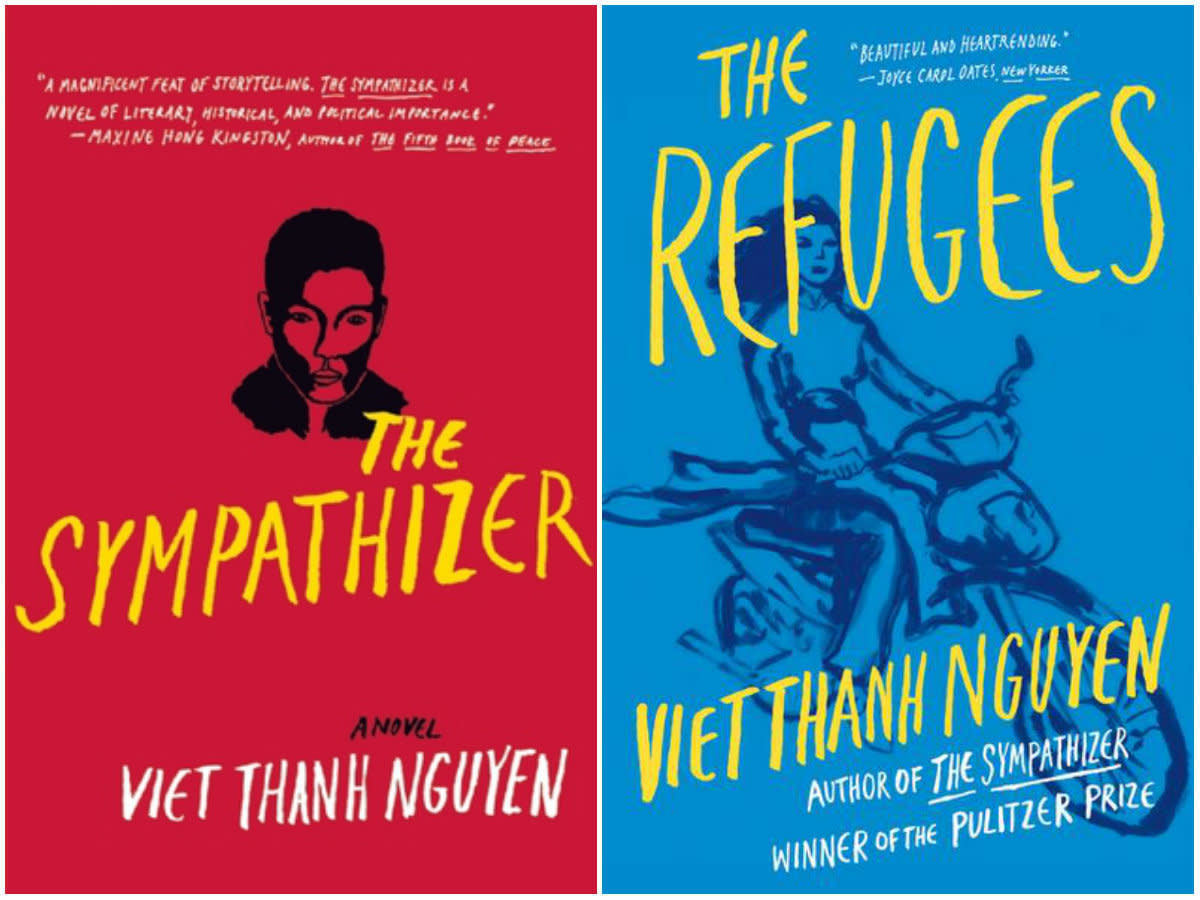
When it comes to the Vietnam War, Vietnamese refugees in America and the Vietnamese diaspora, Viet Thanh Nguyen has written the book ― a few of them, actually. It’s little wonder the MacArthur Foundation chose to honor him among its 2017 class of Fellows, commonly referred to as “MacArthur Geniuses.”
An academic and a novelist, a critic and a short story virtuoso, Nguyen has written about the experiences of Vietnamese-American people and their roots in Vietnam from seemingly every angle. His debut novel, a darkly comic spy novel set amidst the Vietnam War, garnered him a Pulitzer Prize. He followed up with a collection of haunting short stories, which move away from the conflict itself to the experiences of Vietnamese refugees and immigrants.
Nguyen, a professor of English and American studies at the University of Southern California, has also published works of acclaimed nonfiction. His most recent nonfiction work, Nothing Ever Dies: Vietnam and the Memory of War, critically examined the cultural memory and artistic memorialization of Vietnam throughout the world ― particularly calling attention to the dominance of American narratives of conflict, and the diminishing effect this has on our collective memory of other cultures, populations and their suffering.
His work has acted as a blazing ray of light illuminating a whole world of human experiences in a publishing industry often dominated completely by white American voices and perspectives ― and his breakout has arrived at a particularly vital time, when a wave of anti-refugee and nativistic rhetoric has gripped American politics.
We reached out to Nguyen ahead of the MacArthur announcement to talk more about his impressive body of work, the current political moment and what he hopes to do with his hefty grant from the MacArthur Foundation:
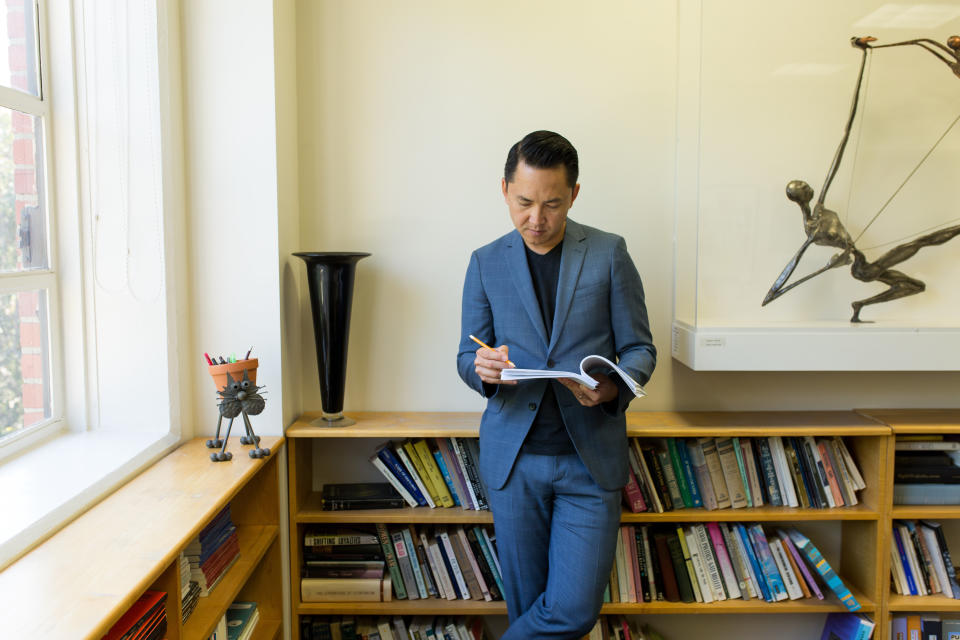
How did it feel to be a Genius Grant recipient?
It felt like a shock, a big surprise. I had to sit down for a little bit ― actually, through the entire length of the conversation.
Just a huge honor, but also a moment where I had to think very much about how lucky I was to get this, given how many other important, good, great, fantastic writers are out there who could have gotten this award, and all the others in previous generations who did not get this, but who were doing incredibly important work that made it possible for me to publish my own book.
Are there any writers that you look back on ― that you’ve read or that you’ve built on ― and think you really couldn’t have done it without them?
If you think about the people who’ve won the MacArthur, there’ve been so many writers who I’ve enjoyed reading and who’ve inspired me. People like Junot Diaz and, I think, Edwidge Danticat.
And then I think of myself, obviously, as an American writer, but also very specifically sometimes as a Vietnamese-American or Asian-American writer. I think back to the fact that Asian-American writers have been writing in this country, in English, since the late 1800s. Those early writers must have been very lonely people, because [there were] only one or two or a handful of them. But the work of writers like that, like the Eaton sisters from the late 1800s, established a tradition that made it possible for someone like me, more than a hundred years later, to publish a book that people at least would recognize as something they understood.
What do you have planned next? What are you going to do with the grant?
I haven’t really thought about it that much, but I have a blog that I do, that I edit, called Diacritics.org, and it’s devoted to the politics, art and culture of the Vietnamese and their diaspora. I’ve built it up over several years and unfortunately, in the last couple of years, because of the Pulitzer, it’s just been sort of moribund, because I don’t have the time. I want to use some of the money to hire an editor to take over that site because what it does is to create a space for writers like me to talk about these things that are important to us.
You’ve written about the Vietnamese diaspora and refugees and the Vietnam-American War both in fiction and nonfiction. Why do you keep writing in both? What draws you to each form?
I think my first attraction was always to fiction, ever since I wrote my first book when I was in the second grade. I became a scholar because when I was in college, I was just better at that, and I was realistic about what I could do. So I became an academic and a critic.
Both of these things, nonfiction and fiction, have remained important to me, because I think they can accomplish different kinds of things. In my case I wanted to try to understand the Vietnam War and the refugee experiences and the United States from both of these kinds of perspectives ― nonfiction and fiction, scholarship and art.
But I think the last thing is simply that I’m just someone who’s easily bored, so as soon as I’m done with something, I like to do something different. That’s one of the things that working with nonfiction and fiction enables me, which is this sense of constantly experimenting, and being an amateur, and also setting myself up for potential humiliation because I don’t know what I’m doing. That’s how I learn, by trying to keep on being a student and moving between these different disciplines.
I recently heard Chimamanda Ngozi Adichie say that she’s found American literature is resistant to overt discussions of race and politics, that there’s an expectation that art should be separate or if it discusses politics it’ll be really subtle. What do you think the role of literature, and fiction particularly, should be in political life?
Well, I think generally she’s right, about speaking about American literature as a whole. There are certainly American writers who are political, they just either tend to be in the minority or they are actual minorities, racial minorities for example, or sexual minorities and so on.
I think that’s important to point out, that the political traditions of American literature have often fallen to African-American writers, for example, or Asian-American writers. I think because for us, we see that it’s hard to separate politics from everything else in your life, including art. Separating politics is not a luxury that many of us have. That’s one of the things that I think the MacArthur has been really good at doing, at least when it comes to writers, is recognizing writers who don’t see a separation between politics and literature, or see that you can use literature to be both something that’s artistic but also political.
I’ve always been a person interested in the possibilities of art and politics intersecting, and been frustrated that so much of American literature, especially by people from majority populations, however you choose to define that, have been very quiet on that issue. It is definitely something I find exciting to do, but also sometimes you feel very lonely because other American writers and American audiences sometimes just don’t want to hear it.
Your book The Refugees arrived at this time when a lot of people were talking about refugees and whether they would be and should be made welcome in America. It’s a very visible issue right now, but it’s also not a new issue. What do you think are the long-term, historical misunderstandings that Americans have had about refugees and immigrants and their place in our country, and do you think that’s changing?
I think on this issue, as on so many others in American society today, the United States of America is contradictory, and these contradictions go to the very origins of American society. The earliest settlers in this country from Europe and so on were classified as either immigrants or refugees, and yet at the same time American history has a long tradition of nativism and exclusion and racism directed against newcomers of various backgrounds. So we’ve, for a long time, been a country that’s embraced the mythology of the immigrant as being crucial to who we are, and yet periodically we have spasms of anti-immigrant and anti-refugee feeling.
Of course, I think that is obviously what’s happening today. We’re in one of those xenophobic moments. But at the same time, it’s not a complete victory for those forces who are opposed to migrants and refugees. There’s a substantial number of Americans saying that refugees and immigrants should be welcome here and do make us better, and so on.
There are misunderstandings that arise in American society around this idea that refugees and immigrants only come to take things from other Americans, when, in fact, I think most economic studies indicate that they actually contribute more. We should look at other countries that are completely restrictive on issues of immigration and accepting refugees, and see that they suffer from a lack of cultural diversity and tolerance.
We’re just in a moment of conflict and it’s unclear what the resolution is going to be, but it’s obviously critical for refugees and immigrants like me to speak up about it. Again, going back to the question of politics and the role that politics plays in the lives of writers ― we have to. Those of us who are refugees and immigrants or who support them, we have to use every tool at our disposal, including our writing, to speak up about this.
There’s been this big push to say we’re a nation of immigrants, but then there are Native Americans who would say, “We weren’t immigrants. We were invaded, we were colonized.” How do we grapple with the fact that this country is both made up of immigrants and refugees, but also people who were colonized?
That’s absolutely right. That, I think, is part of that ― when I say America is a contradictory place. These are part of the root contradictions. That’s why it’s crucial for those of us who are immigrants and refugees to not only privilege the language of coming here and settling down, as if these were only positives. If we have any success, it’s made possible by participating in this original history of settler colonization.
The smartest writers I know, people who are recognized by the MacArthur but others as well, they make these connections. They don’t settle simply on one narrative, where the immigrant comes here to make it good, but they also talk about the immigrant in relation to other populations in this country, including Native peoples and African Americans.
Your work really deals with these historical contradictions and injustices of America. There’s a strong urge among many on the left right now to say that this is worse than it’s ever been, and “now more than ever” we have to protect people. Is this an ahistorical framing? What’s your reaction to this vision of the Trump era of the absolute nadir of American life?
I think it may be the nadir within, at least, recent memory. I’m the most stressed out about politics I’ve been since I’ve been born, I think. But I think that, going back to this notion of contradictions and root contradictions, that they’ve shaped American society from the beginning. Then you have a sense that American history has moved cyclically and that there have been moments in American history when things have been worse ― slavery, the Civil War, Reconstruction ― and the fact that those issues are actually not over, as we see with Charlottesville. It means that these historical things we might want to think are over and done with are actually not.
The election of Donald Trump right after the election of Barack Obama, to me, speaks exactly to the fact that we in the United States are still dealing with a history that goes back hundreds of years, to issues that are still unresolved today. It feels pretty bad to those of us on the left, but that’s only because those contemporary issues are revealing that the U.S. has always been driven around race and class and gender and sexuality, and we are now being forced to look directly at that contradiction, whereas at certain more luxurious moments in American history, they’ve been submerged, at least to the eyes of the mainstream.
Speaking of the submersion of history, one thing I loved about The Refugees was this fascination throughout with the idea of haunting, and the past returning in this ghostly form ― by memories, guilt, even literal ghosts. Why do you think you return to this conceptualization of the past as a haunting?
We came here as refugees, and one of the things that happened to my family was that not all of us made it. I have an adopted sister, my oldest sister, and she was left behind to take care of the family property. I was 4 years old, so I actually have no memory of her. When I was growing up, we had one family picture of her ― a black-and-white, wallet-sized picture ― that my dad managed to carry with with him.
I grew up with this sense that we have a missing person in our family. Don’t know why she’s not here; not really something I could talk about with my parents. I did feel haunted by that. It felt like there was an absence in our family. I thought often about who she was, what her life was like, why’s she not here. To me that felt ghostly. I knew that that experience was actually very common, and that we were at least fortunate that she was alive. There were so many families I knew that had literally lost people, not just left them behind but that had died through one experience or another.
To me, ghostly hauntings were very real in the lives of these refugees that I knew. It didn’t take very much empathy to think that this was also true for some of the other people who were refugees and had fled from dire circumstances as well, who’ve all left behind things or people or identities.
Is that a framework you think we should be looking at America through ― this American history where so much has been ignored and submerged for so long?
As the sociologist Avery Gordon has said, ghosts are a figure of injustice ― that some injustice has happened in the past and a ghost returned to demand that justice be done. To achieve a genuine reconciliation with the past, to put those to rest, you really have to address directly what that injustice was. I think so much of American history has been the refusal to do justice to the injustices. We haven’t substantively corrected these problems.
There have been certain attempts to deal with the legacy of slavery, for example. Half the country, apparently, or at least a third of the country, doesn’t think it’s that big of a deal what happened, now, and that’s simply not true. I look at the example of Germany, the Holocaust ― horrific thing ― but the Germans are actually much better at confronting their past in both literal and symbolic ways than Americans have been about their own past. So as long as we’re not able to deal with it as a society, our past will keep coming back.
In American culture, we tend to assume a default white audience, and there can be this pressure for writers of color to explain things to white people, or educate white people, or make their narratives accessible. Is that a pressure you feel? Do you think about your audience when you’re writing?
As I was learning how to be a writer, it was a big issue for me. It’s a big issue for many writers ― who the audience is. It’s an issue for writers of color, minority writers, but all writers agonize, I think, or at least are aware, that their fate is in the hands of others. Who’s going to read this, who’s going to buy this, who’s going to publish this.
But it is a problem that’s exacerbated for writers of color, or anyone who’s not defined as mainstream or part of a majority, because we’re not the ones in power. So we can’t necessarily assume there will be something in common between us and the people who make these decisions to publish.
As a younger writer, I did write some of those stories in The Refugees in a state of anxiety, thinking about this issue. And it was very liberating after finishing The Refugees, when I started to write The Sympathizer, to think, I’m done with that. I wrote the book that I thought, in The Refugees, that was a little more oriented ― not just towards Vietnamese people but to whoever I thought was in charge of publishing. To give all that up, to give up all that anxiety with The Sympathizer because I simply didn’t care anymore, and to write for myself and for an implied Vietnamese audience, thinking then that everyone else who read this book would be in the position of an eavesdropper, was really liberating.
This interview has been edited and condensed.
Check out a complete list of the 2017 MacArthur Fellows here.
Also on HuffPost
Love HuffPost? Become a founding member of HuffPost Plus today.
"Sex Object" by Jessica Valenti
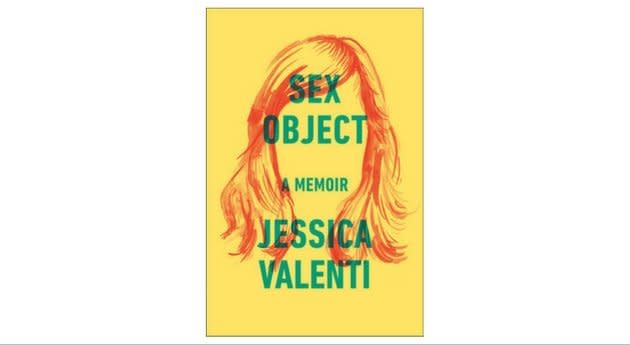
"Known and Strange Things" by Teju Cole
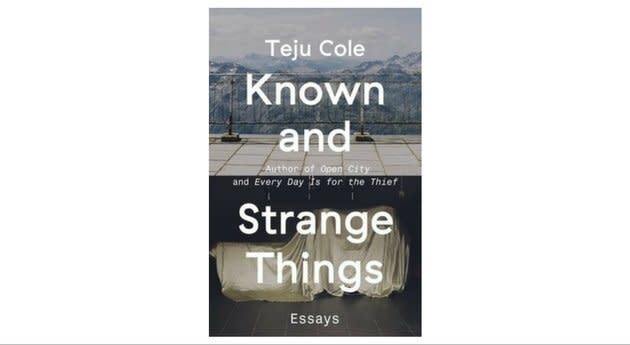
"The Art of Waiting" by Belle Boggs
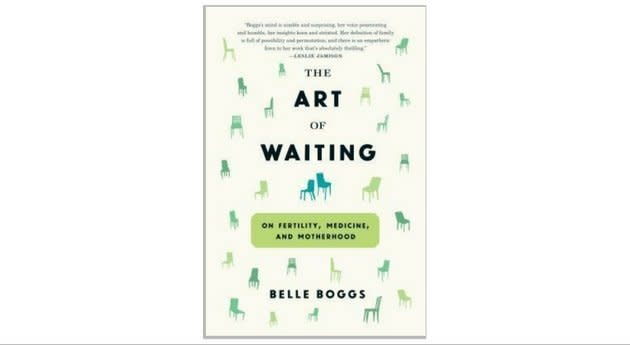
Read our interview with Belle Boggs.
"The Selfishness of Others" by Kristin Dombek
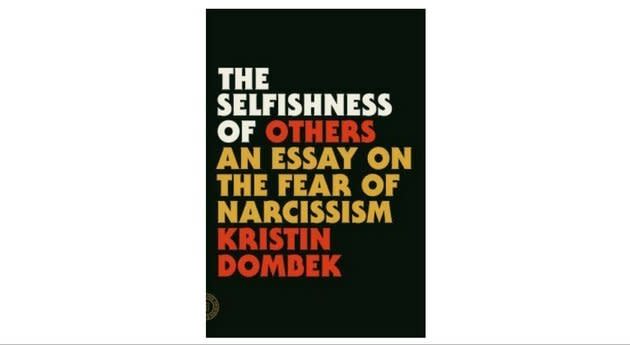
"Invisible Man, Got the Whole World Watching," by Mychal Denzel Smith
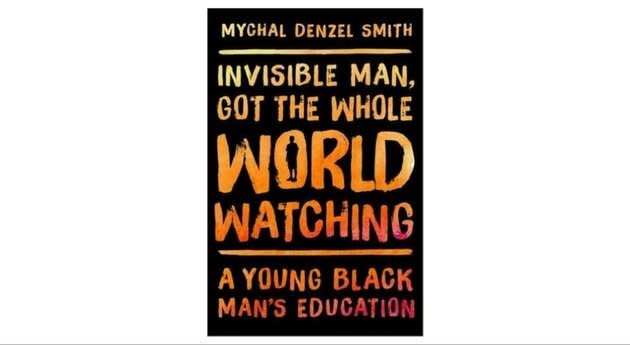
"Future Sex" by Emily Witt
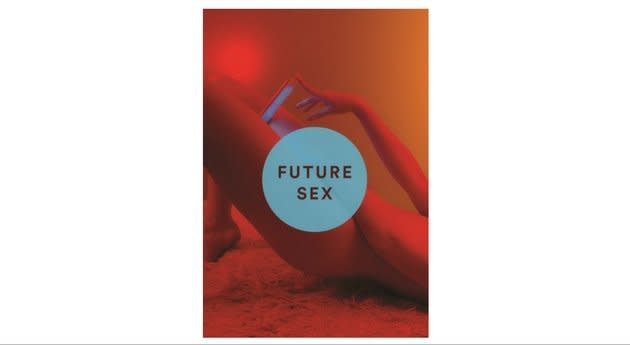
Read our review of Future Sex.
"Muslim Girl" by Amani Al-Khatahtbeh

"Ghostland" by Colin Dickey
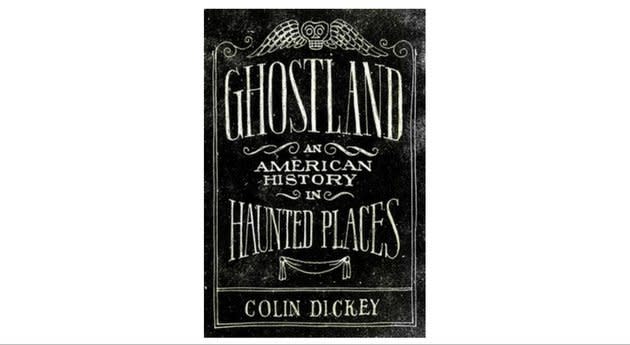
Read our review of Ghostland.
"How to Be a Person in the World" by Heather Havrilesky
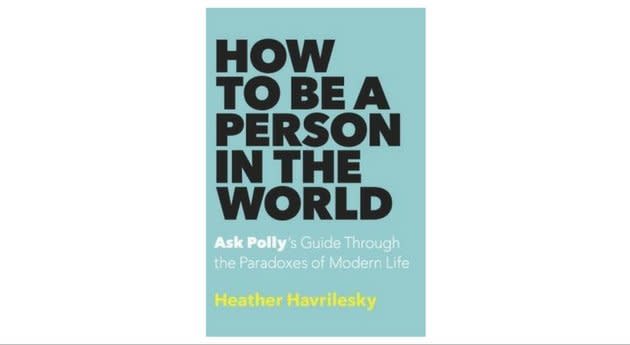
Read our interview with Heather Havrilesky.
"The Fire This Time" by Jesmyn Ward

"Every Song Ever," Ben Ratliff
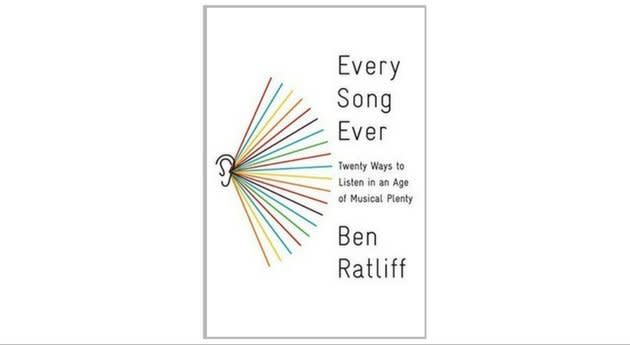
"Rolling Blackouts" by Sarah Glidden
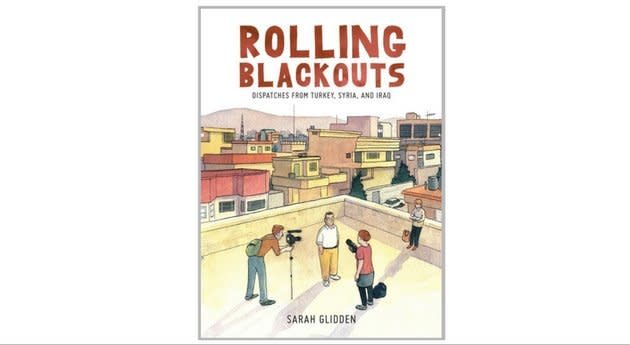
Read our interview with Sarah Glidden.
"Violation" by Sallie Tisdale
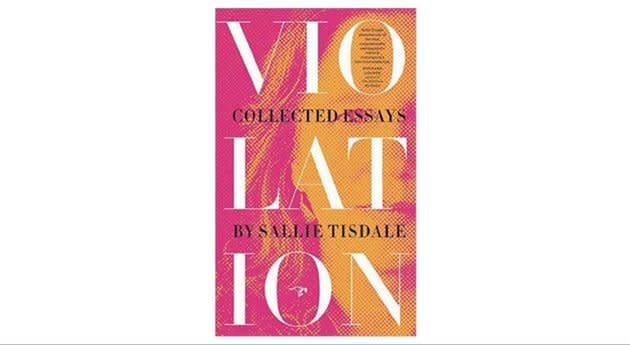
"You Belong to the Universe" by Jonathon Keats
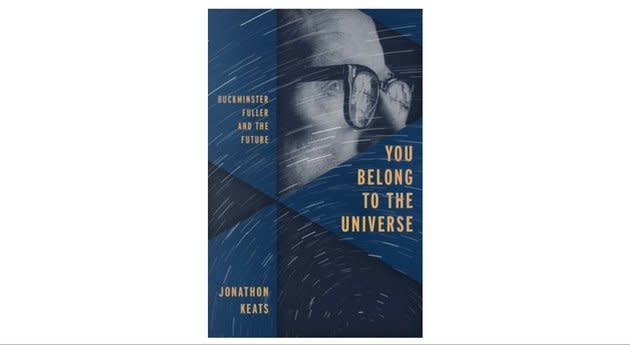
"Girls & Sex" by Peggy Orenstein
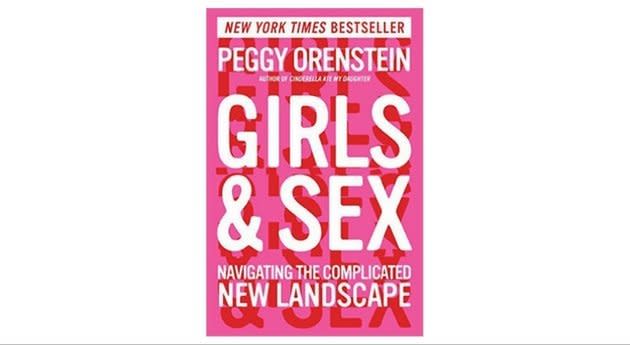
Read our review of Girls & Sex.
"Where Am I Now?" by Mara Wilson

"Agnes Martin and Me" by Donald Woodman
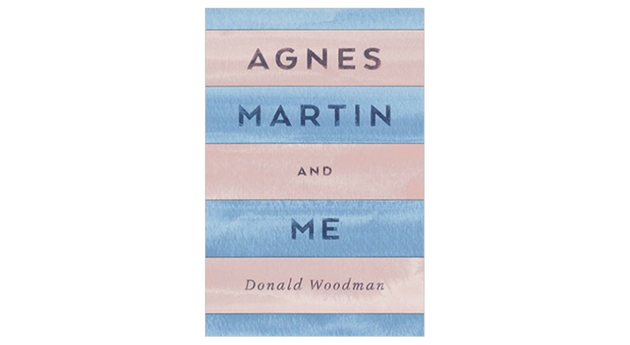
"Adnan's Story" by Rabia Chaudry
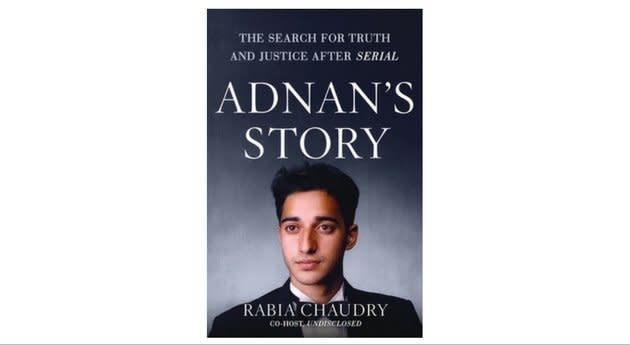
"Land of Enchantment" by Leigh Stein
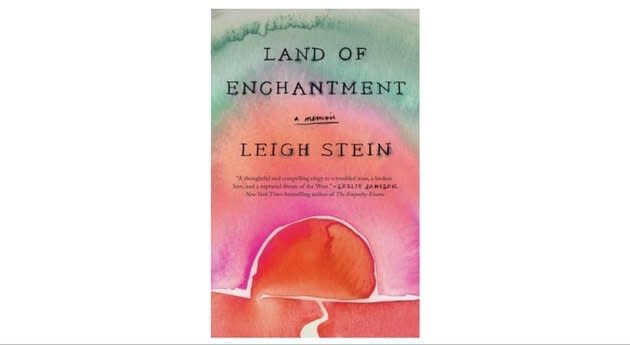
Read our interview with Leigh Stein.
This article originally appeared on HuffPost.

